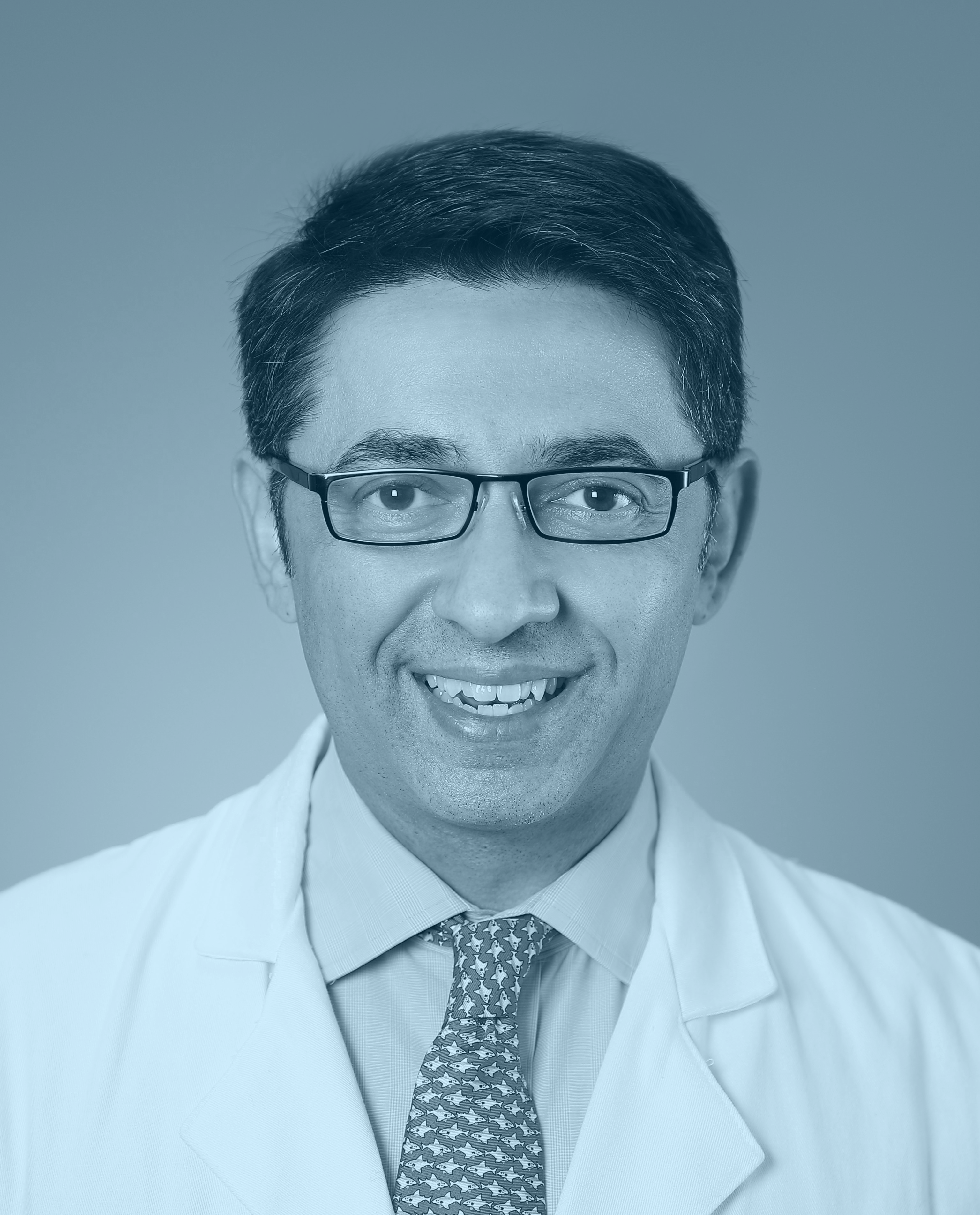
Biography
Dr. Mehta is a Professor of Medicine at the George Washington University School of Medicine, and an adjunct Associate Professor at the University of Pennsylvania where he serves as the Director of Inflammatory Risk within Cardiovascular Medicine. He is an expert in general cardiology, lipidology, and cardiovascular imaging. Dr. Mehta trained at the Hospital of the University of Pennsylvania in Internal Medicine and Cardiovascular Diseases where he also completed a Master’s degree in biostatistics and a post-doctoral program in human translational studies of lipoprotein pathways. His group was the first to demonstrate the presence of dysfunctional HDL in psoriasis, and Dr. Mehta subsequently moved to the National Institutes of Health as the Inaugural recipient of the Lasker Clinical Scholar Award where he served as Section Chief of Inflammation and Cardiometabolic Diseases at the NHLBI. He was Director of Cardiovascular Imaging at the NHLBI, and the founding Director and Principal Investigator of the largest cohort study studying psoriasis and cardiometabolic diseases. During that time, he also completed several randomized trials in humans on the impact of biologic therapy on vascular diseases. In 2018, he was awarded an NIH Director’s Award for demonstrating that high-risk coronary plaque in humans was improved following treatment of their inflammatory disease, opening up a new path to mitigating risk in populations with chronic inflammation. Dr. Mehta has chaired multiple working groups and guideline groups to establish a standard of care for cardiovascular risk reduction in patients with chronic inflammation. Dr. Mehta was inducted into the American Society of Clinical Investigation in 2018 and received two lifetime achievement awards for his work in cardiovascular risk reduction in inflammation in 2020 (International Federation of Psoriasis and Psoriatic Arthritis) and 2023 (National Psoriasis Foundation). He serves as the cardiovascular editor for the Journal of Translational Medicine, as a board member of the ASPC and is active within the American Heart Association and American College of Physicians as a Fellow and educator.

